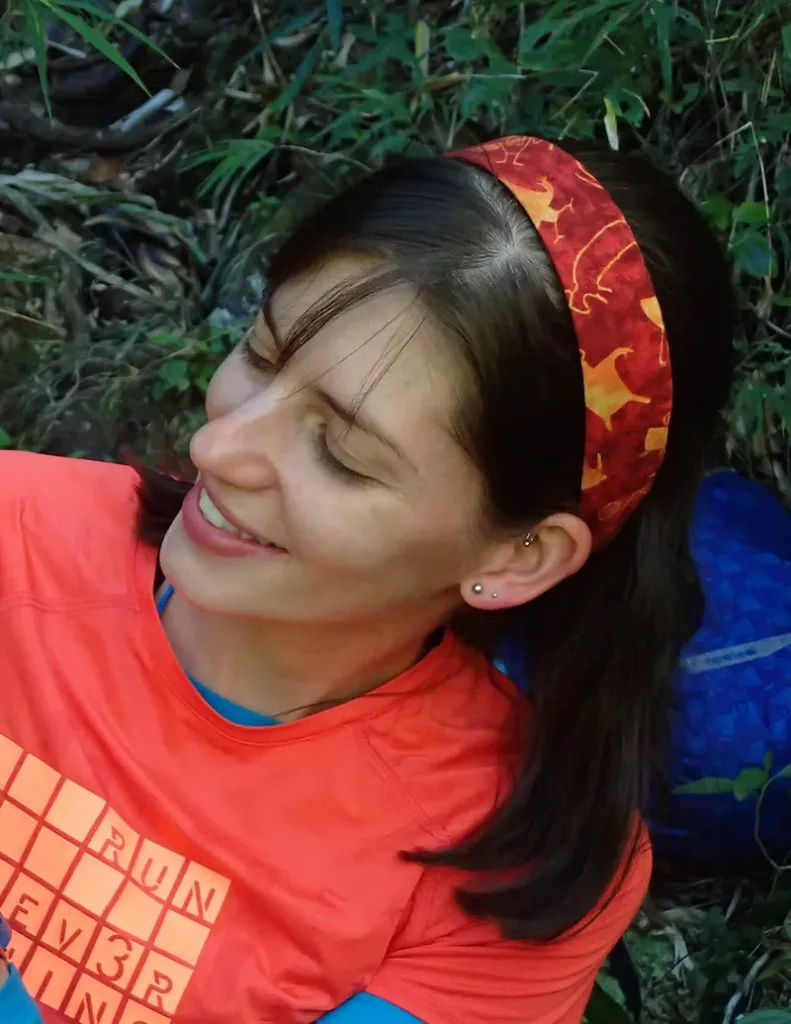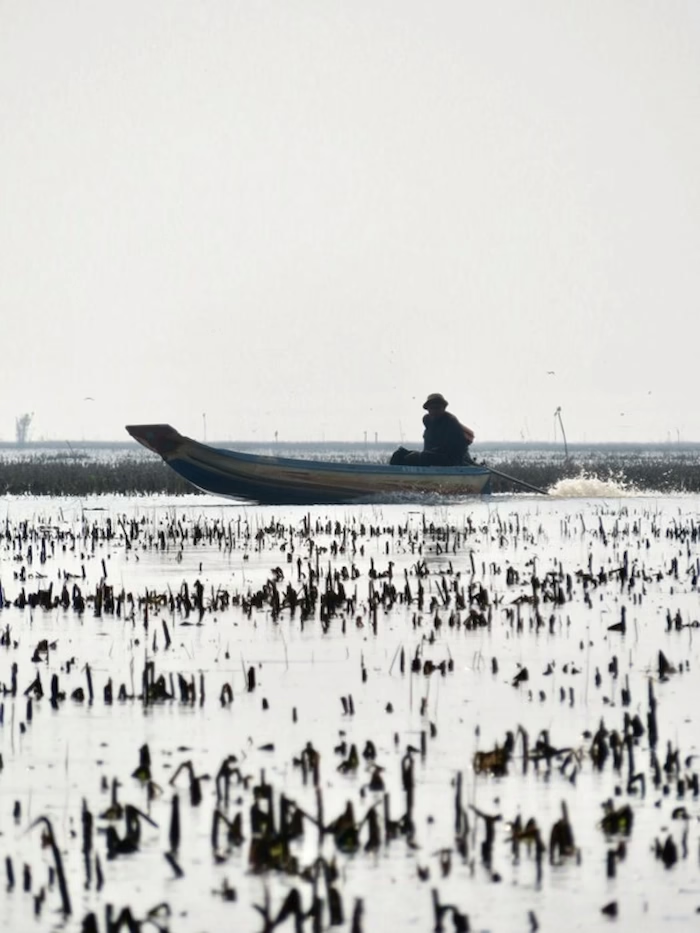
By: Rosanette Quesada Hidalgo, PhD
Group bonding stages affected by COVID-19
Once I learned that most new groups of people pass through five different stages when they are formed, my life as an educational facilitator, both as a tourist guide and as a study abroad teacher, changed. I was suddenly able to better understand not only what happens when people travel and spend a tremendous time together with a group of new people, but also to understand my own trips and group formations, regardless if the duration of those trips was one day or several months.
I learned this during my first training at a Costa Rican tourism company working with students. As a group of guides-to-be in the company, we were taken through a four-day journey in which we experienced the emotional bonding that our own students were going to experience during their trips. The phases of bonding are known as The Tuckman’s stages of group development. First, we were all a group of strangers experiencing the stage of forming. During this stage we all felt excited and optimistic for being in a new place with new people and having a new job. As we knew we were going to be together for only four days, after just one morning together the strongest personalities started to appear, and you could easily differentiate who the leaders of the group were and who the shyer people were. This second stage is known as storming. During this stage reality settles and we all start adjusting to that reality and looking for our place within the group, and that might cause some conflicts and miscommunications. It is during this stage that we usually feel like going home when we are traveling. During the next day we experienced the third stage, norming, where we left the frustration of the reality that hit us behind, and we actually started to enjoy the company of others while conflicts began to resolve. We remembered that we had shared goals and that we had to work together to achieve them. We finally accepted that we were going to be together for a while and we kind of started to like it. Then, we entered the fourth stage: performing! the peak of our group formation! This is where teamwork and cohesiveness achieve its maximum, and the group acts as a whole with members trusting each other now. This is the most exciting moment of trips. Finally, on the fourth day we experienced the last stage: adjourning. During this stage we were filled with separation anxiety because of not knowing what was next and the fact that team members were taking different directions, even though we were going to work within the same company. This stage usually comes after a common goal is achieved, but it can be confusing and sad as most team members do not want to leave the team. During travel, this is where we usually don’t want to go home.
During SFS programs in Bocas del Toro, these 5 stages are achieved at different moments by each group, as every group also has its own energy and characteristics. During our Spring 2020 program, our amazing group of students started experiencing the stage of storming very early, and some small conflicts aroused between them. However, the norming stage came and during week 6, we had our Pacific trip; an educational trip where we leave the incredible archipelago of Bocas and head up to the highlands and Pacific coast of Panama. This helped our group of students relax and reach the peak of the trip, while experiencing the amazing stage of performing. Sadly, at the same time, tension started to increase by the fact that COVID-19 might soon arrive to Panama. Panama did not have any cases at that moment, so we were still in a denial period where we were thinking, ‘this is not going to happen to us.’ After our trip, our mid-semester break came, and this is when the first case of COVID-19 arrived to Panama and marked the beginning of the end of our semester, and the start of a world-wide pandemic. We were all notified that that our students had to leave Panama one day after the break, so we re-arranged an entire field-based program to fit as many classes as possible to then continue online. The best decision we made was to send the students home, so everybody was able to be socially isolated with their families and in their countries. Suddenly, our precious performing stage was abruptly interrupted without much time to prepare. We all understood that it was for the best, and that not only our program but all SFS programs worldwide were going through the same situation. However, one single day for a trip that was supposed to last four months to go through the stage of adjourning was not enough. That night, Andy, our Student Affairs Manager (SAM), organized a bonfire so that we could spend some quality time together and just be a little sad because our time in Bocas finished earlier than planned. We ate “American campfire sandwiches” (our Panama group knows how delicious those are!) and I got to try one for the very first time. Amazing!
A few days later, Panama closed borders and established a curfew, with just some time to go to the supermarket/bank/pharmacy per day per person. Now, we continue our program on-line which presents us with a new super challenge: how to transform a field-based course into classes and activities that can be performed on-line? How to maintain focus and self-care while all we hear is news about the COVID-19? Social isolation just seems to be the best time to focus and work hard to learn, but it also seems that it is going to be time to get to know ourselves. Which are the hours in which we work better? Which is the environment in which we concentrate the most? Hopefully, this situation will also help us get creative with class activities and assignments, that will probably change the way we teach in the future in a very positive way.
I hope this post helps you better understand the dynamic of group formation and your own behaviors when you travel and meet new people. Finally, hopefully after the worldwide COVID-19 crisis passes, people will rely more on science, try to be more informed and appreciate better the importance of education as a tool for increasing quality of life across all societies.
Related Posts

Framing Prek Toal: Photography, Conservation, and Life on the Tonle Sap

